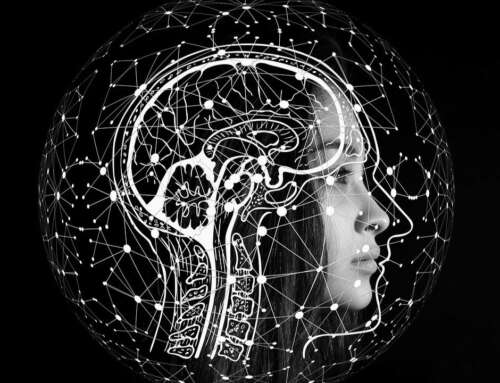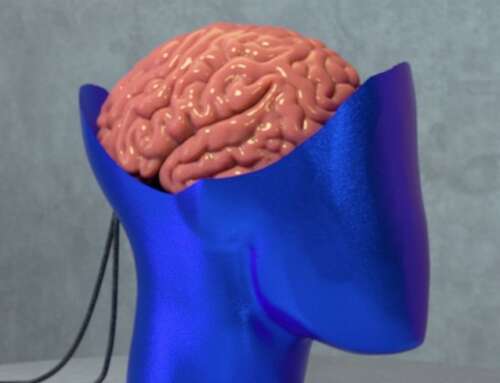A team of European researchers has found evidence that suggests that human consciousness is a state where the neural network that makes up the brain operates at an optimal degree of connectedness. In their paper published in Journal of the Royal Society Interface, the team describes their study of the human brain using volunteers undergoing fMRI scans while succumbing to the effects of an anesthetic that caused them to lose consciousness, and what was revealed in reviewing the scan data.
Human beings, when awake, exist in a state of consciousness that is uniquely difficult to define. Scientists try by agreeing that it is the ability to have subjective experiences and to enjoy a first-person perspective on the “reality” of the world. But that does not explain the voice that is our own self, nor the varying degrees of consciousness, such as the differences between being asleep, versus partially awake, versus being completely unconscious. In this new effort, the researchers sought to learn more about the state that exists in the mind when consciousness occurs by enlisting the assistance of 12 volunteers who agreed to be made unconscious by the drug propofol, normally used to put people under during surgical procedures (and notably, also the drug that led to the death of singer Michael Jackson) while undergoing fMRI scans.
– Bob Yirka
Source: Brain study suggests consciousness a matter of optimal degree of connectedness in neural network
Image from Unsplash







Leave A Comment